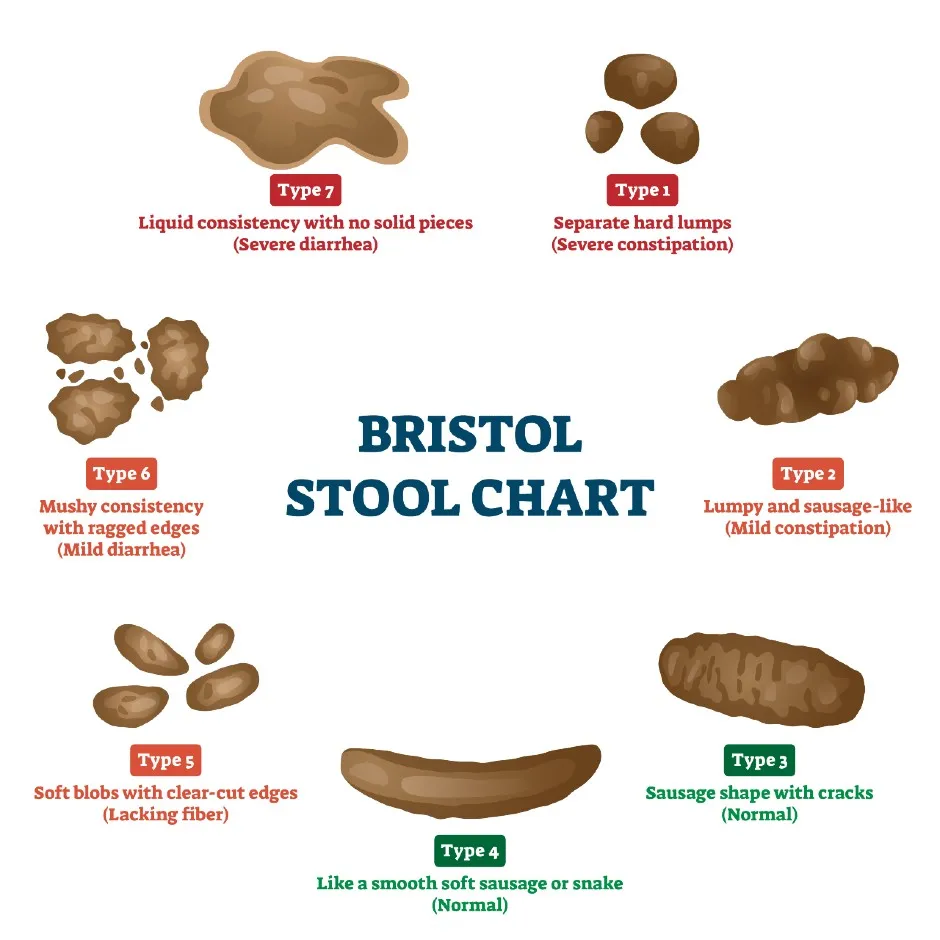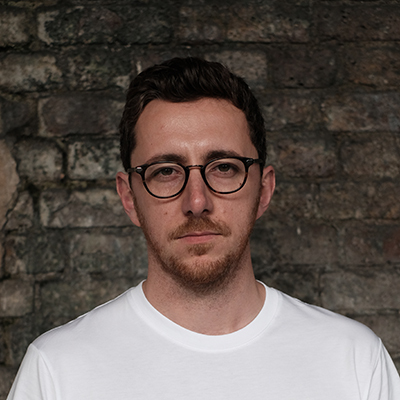There's a slight whiff of BS around one of the most talked-about trends in wellness right now. Stool-gazing, which describes the process of analysing your poo for clues about your health, is becoming big business.
A number of companies offer home-testing kits that involve you sending a stool sample to a laboratory, where they'll test it for the diversity of gut bacteria, amongst other things. There are also apps that help you categorise the contents of your toilet bowl, foot stools that supposedly encourage a more efficient bowel movement, not to mention aisles and aisles of probiotics, supplements and other foods that promote good gut health.
According to one estimate, the market will be worth £1.6bn by 2025. So should you be decoding your code-browns, or are these companies, well, full of it?
Professor Tim Spector is an epidemiologist at King's College London and the author of book about food and gut health called Spoon-Fed. He believes that while there are certainly snake oil salesmen in the market, there's also value in examining your excrement.
"You can learn a lot actually," he says. "If people did look at their stools more, we'd be more aware of our guts."
Read more about poo:
- Why is poo always brown, no matter what we eat?
- 5 reasons to be positive about poo
- The smart toilet that analyses your poo
Stool-gazing may sound like something Gwyneth Paltrow dreamt up, but we've been doing it for centuries; it's been a part of Chinese medicine for thousands of years. A 1958 article in the British Medical Journal explained why. It said that "stools are like the skin, being readily visible, frequently examined, accessible to study and scrutiny, subject to loathsome and malodorous diseases."
The ick factor, plus questions over its reliability, mean it goes in and out of fashion. In the noughties, the nutritionist Gillian McKeith encouraged people to look at and even prod their poos on the TV show You Are What You Eat. Her qualifications were later questioned and it passed out of public consciousness once again. For most of us, gazing into the toilet bowl for answers was about as much use as reading tea leaves.
Now, it's back, promoted by growing interest (both popular and scientific) in the human microbiome. Gut health is an active area of research, with new papers dropping all the time, linking the bacteria that live in our guts to a wide spectrum of health issues, from dementia to depression, heart disease to chronic inflammatory diseases.
In January, Spector published a paper in Nature Medicine that found you can pick out the ratios of good bugs and bad bugs in a person's gut.
"It's basically the first in-depth paper looking at the links between food, gut microbes and health in 1,000 people," he says. "This basically showed that there was a common group of 30 microbes that were associated with good and bad foods, and good and bad health outcomes. The ratio of good to bad bugs was actually the best test of your general health. We can also look at these microbes to see how you might digest fat or how you would deal with a carbohydrate meal."
Read more about the human microbiome:
- The second brain in your gut
- How your microbiome can improve your mental health
- How COVID-19 affects your microbiome
This is where modern stool-gazing companies come in. Armed with the ability to conduct shotgun sequencing on a given stool sample, "we can measure every gene and every microbe and then put it together like a giant jigsaw puzzle," Spector says.
Spector himself is a founder of one such company, Zoe, which is due to launch later this year in the UK. It analyses your stool samples and offers personalised lifestyle advice based on its findings.
Another example is Seed.com, a probiotics company established by an all-star team of researchers. In 2020, it also invited users to "give a sh*t for science" by taking photos of their stools and uploading them to an online database designed to teach AI how to categorise the differences in one movement to the next. The aim is to build an app that might offer users bespoke advice depending on what pops up in the poops.
There are also cautionary tales. The founders of a San Francisco start-up called uBiome stand accused of defrauding investors and health insurance companies in the US. Their now-defunct company offered similar services but with more basic technology.
You don't necessarily have to go to the lengths of genetic tests, however.If you want to get the scoop on your poop, you may wish to consult the Bristol Stool Chart. This (extremely visual) diagnostic tool was designed at the Bristol Royal Infirmary in 1997 as a simple means to evaluate a given stool sample.

It classifies human waste into seven categories from extreme constipation to extreme diarrhea and is used to diagnose irritable bowel syndrome among other things. It also shows you what an "ideal" stool looks like, although some clinicians believe it's better used by doctors than the general public.
Spector says that one thing worth tracking is how often you go to the toilet or how long it takes after you've eaten something like sweetcorn to reach the bowl.
"We've just published a paper that we called the Blue Poo study where we got 1,000 people to swallow a blue muffin with food dye. And the transit time - the time it takes to get out to the toilet - is a pretty good indicator of your gut health.
"Obviously you don't want to be going too fast but people who only go to the toilet once or twice a day definitely have healthier guts than people who go once or twice a week."
Spector also practices what he preaches. "I eat 30 different plants a week, which includes nuts, seeds and herbs, so it's not as hard as it sounds," he says. "I eat fermented foods like yoghurt and kefir every day. I have high-polyphenol foods like red wine and dark chocolate, berries, nuts. And I do occasional intermittent fasting or restricted time eating where I skip breakfast once a week. And I limit junk food. If you follow those rules you're half of the way there."
Visit the BBC's Reality Check website at bit.ly/reality_check_ or follow them on Twitter@BBCRealityCheck
